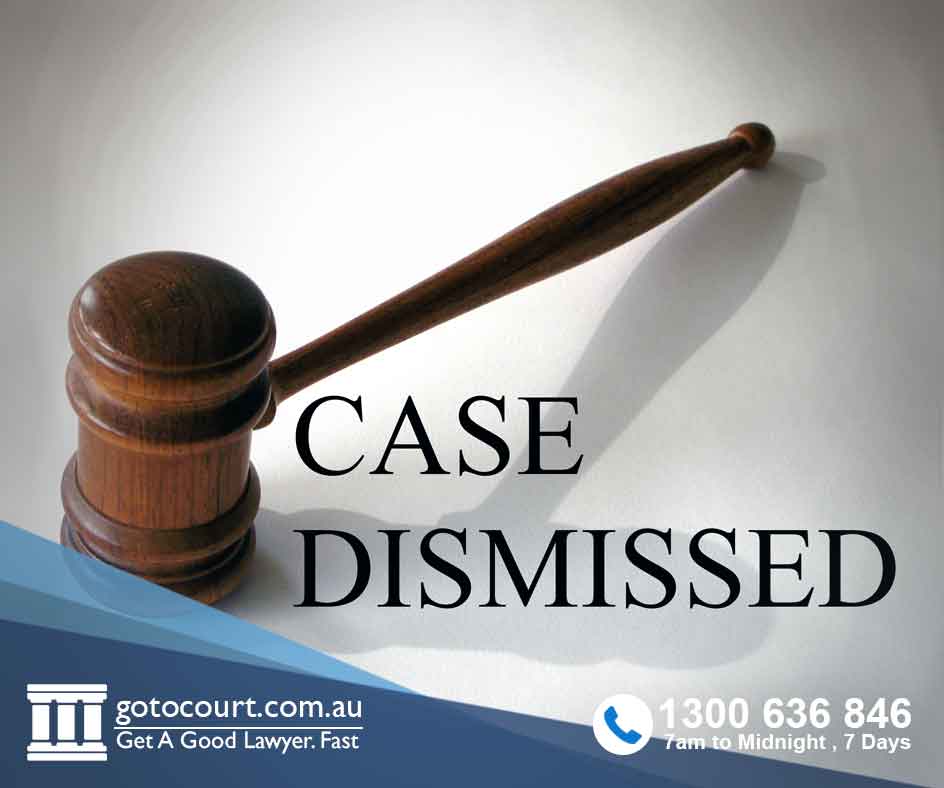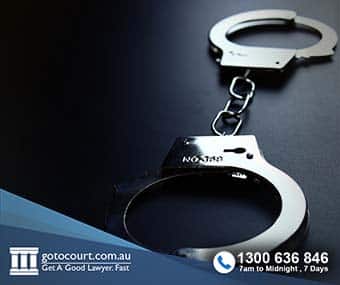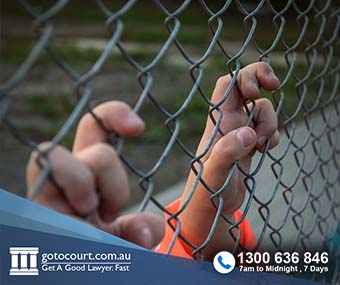Appealing Criminal Decisions of the County or Supreme Court
After a person has been found guilty and sentenced for a criminal offence, they may wish to explore their options for appealing part of the decision or the decision in its entirety. This article summarises the processes and accompanying restrictions on appealing criminal decisions of the County Court and Supreme Court of Victoria. When found guilty by the County Court or the Supreme Court, a person may appeal against the conviction or against the sentence to the Court of Appeal with the leave of that court. The procedures for appealing criminal decisions are set out in the Criminal Procedure Act 2009.
Appeals against conviction
The court may grant leave to a person to appeal against a conviction where:
- The verdict of the jury is unreasonable and not supported by the evidence in the matter;
- There has been a substantial miscarriage of justice throughout the trial;
- There has been another substantial miscarriage of justice.
An appeal against a conviction can be made even where a plea of guilty was originally entered. However, in such a case, the accused would have to show that exceptional circumstances exist before being granted leave to appeal. In determining whether exceptional circumstances exist the court’s primary consideration is whether or not there has been a miscarriage of justice. A miscarriage may be found to have occurred where:
- The accused was unable to appreciate the serious nature of the charges;
- The accused did not wish to admit his guilt when entering the plea of guilty;
- That upon the admitted facts, the accused would not have otherwise been found guilty;
- The accused entered his plea upon intimidation, fraud and/or duress.
Outcome of the appeal
Upon parties successfully appealing criminal decisions, the Court of Appeal may set aside the conviction and either:
- Enter a judgment of acquittal – finding the accused not guilty; or
- Order a new trial.
In considering whether a new trial is required, the court must consider the interests of the community and those of the appellant. If the court considers there is sufficient evidence for a jury to convict, it will generally order a new trial. However, the court may decide against a new trial in circumstances where:
- A significant portion of the sentence previously imposed has already been served;
- There have already been several trials over a long period of time;
- Any re-trial would be unduly lengthy and complex;
- Prosecution would present its case in a different way;
- The appellant is suffering from poor health.
Appeals against sentence
Where the defendant does not appeal against the verdict but only against the sentence, the leave of the Court of Appeal is still required. A sentence can only be appealed if it is not fixed by law.
The following aspects of any sentence are appellable:
- The recording of a conviction;
- Penalties imposed under the Sentencing Act 1991,
- A sex offender registration order;
- An order for the impoundment, immobilisation or forfeiture of a vehicle;
- Penalties imposed under the Children, Youth and Families Act;
Leave is generally not granted to appeal against a sentence unless there are reasonable prospects that the sentence imposed upon appeal would be different.
Outcome of the appeal
The Court of Appeal will only intervene where:
- A mistake as to the facts has been made;
- An erroneous principle of law has been considered;
- Something has been taken into account which should not have been taken into account;
- Something was not taken into account which should have been taken into account;
- Something has clearly been given insufficient weight or excessive weight;
- The sentence is obviously – not merely arguably – too severe or too lenient.
Where an appeal is allowed, the court may either impose a new sentence or remit the matter back to the trial court for sentencing. Notably, when imposing a new sentence, the sentence may be more lenient, but it also may be more severe than the original sentence. However, as soon as possible upon realising that the court may consider the imposition of a higher sentence, it must notify the appellant of such.
Procedure for filing for appeal
An application for leave to appeal is commenced by filing a notice within 28 days of the day on which the accused was sentenced. Time for appeal may be extended at the discretion of the Court or the Registrar, and if it is not granted, the accused is entitled to have the Court of Appeal hear the application for extension.
In granting an extension for the application for leave to appeal, the court is guided by the following principles:
- The time limit is intended to secure finality;
- Compliance with time limits is be required in the ordinary case;
- Extension of the time limit is at the court’s discretion;
- The applicant must put material before the Court in support of his/her application;
- There are no rigid restrictions on the exercise of the court’s discretion but the court must find special and substantial reasons for extending the time;
- The longer the delay in appealing the more exceptional the circumstances before the Court must be;
- A considerable extension should not be granted unless the court is satisfied that the appeal would probably succeed;
- A reasonably satisfactory account of the failure to comply with the time limit needs to be forthcoming.
Applications for leave are generally determined by a single judge without any hearing, unless the applicant specifically seeks such. The single judge refuses leave, the applicant may renew the application which is then considered by two or more judges.
Stay of sentences under appeal
Upon filing of an appeal, the accused’s sentence is not automatically put on hold. This is only done where the Court of Appeal considers it in the interests of justice to do so.
However, orders relating to any restitution and compensation payments are stayed unless otherwise directed. If the conviction is set aside, such orders no longer have effect unless specifically ordered to by the court.
Most forfeiture or destruction of property orders are not enforceable during the appeal period.
Leading evidence when appealing criminal decisions
When appealing criminal decisions, defendants may decide to lead evidence he or she previously did not provide to the court. Such evidence is admissible if the following principles apply:
- The evidence is admissible;
- the evidence is “fresh evidence”, meaning that it was not previously available to the accused despite having exercised reasonable diligence;
- the evidence appears credible or plausible, which means that a jury can accept it, not that it is likely to accept it; and
- the evidence has sufficient relevance and cogency.
The paramount and fundamental question in determining an appeal is whether or not a substantial miscarriage of justice has occurred.
If you require legal advice in relation to appealing criminal decisions or in any other legal matter please contact Go To Court.








